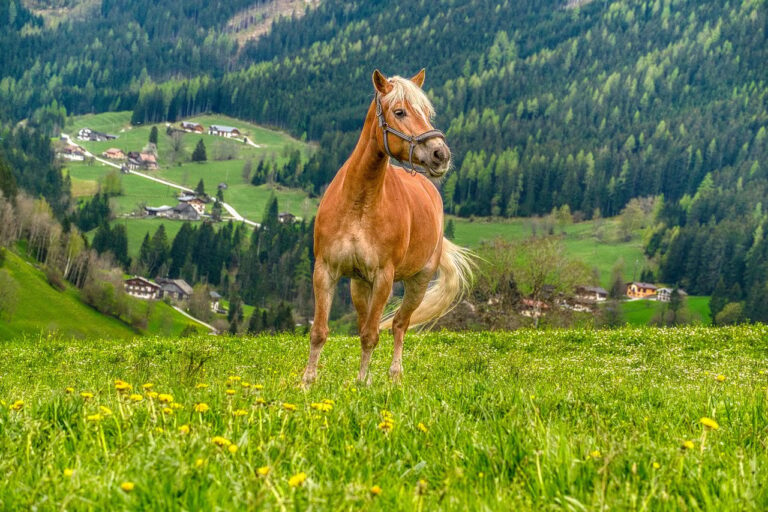Aberdeen
Disco, which is really Funk, but quicker and with a steady 4-to-the-floor beat, came to be massive by the films ‘Saturday Night Fever’ and ‘Grease’ and their immensly popular soundtracks. Bands like The Beegees and Chic made irresistebly memorable hits and motivated a whole generation of artists to ‘go disco’. With so much similarity to nowaday’s dance music, Disco is still extremely well matched to play in clubs.
low and smooth, danceable only for those who ‘obtained spirit’, and the best device to seduce and be seduced on the dancefloor. The sound of R&B adjustments from period to age, equally as it’s appeal, and depends highly on which manufacturers are prominent in ‘the game’. But is has actually been, and continues to be, the only genre to compete with House as one of the most played genre in clubs worldwide.
Called wherefore is probably the birthplace of house music– the Paradise Garage in New York– Garage is the dance style closest in spirit and execution to the initial disco music of the ’70s. Favoring synthesizer runs and gospel vocals similar to house music but with even more sleek and glittering production worths than house, garage has more of an emotional, organic feeling. During the very early ’70s, Hip-Hop started to include breaks in to their music. A break belongs of a track in which the beats quit enabling you to hear just the balanced pattern.
Trance comes to be a lot more promoted, thanks to skilled trance music DJ’s and producers, trance music tags, and even huge recording companies. Pop and rock celebrities are beginning to team up with or even outsource their recordings to trance music authors and manufacturers.
Trance did a very promising begin in the early nineties (1990’s) in Europe, and is currently one of the most appealing and influential music genres on the music scene. Trance itself is extremely wide-scoped, it inhabits broad region with a lot of room and brings its impact deeply outside and well beyond its own bounds, that appear to be rather unknown.
Before the 1990’s, R&B was the household name for the mix of danceable Jazz and Southern-American Blues as made famous by musicians like Aretha Franklin and Ray Charles. When Producers like Jimmy Jam & Terry Lewis, Teddy Riley and Babyface produced modern-day R&B in the ’90’s, with imitate Michael Jackson, Boys II Men and Toni Braxton, it became a club-genre and preferred with DJ’s. The earliest dubstep launches go back to 1998 and were darker, a lot more speculative, critical dub remixes of 2-step garage tracks attempting to integrate the funky aspects of breakbeat, or the dark aspects of drum and bass into 2-step, which included as B-sides of single releases.
Heydays in the mid-to-late 1970’s, Disco is the oldest genre with clear musical connections to nowadays house music. Without Disco, there would have been no House music, or Techno. And not even a prominent dance-culture. Disco mores than happy, groovy, ultra-danceable and generally stuffed with vocals and appealing chorus lines. Disco has several tempo’s, ranging from approx. 90 to 135 BPM. Disco ‘killed’ the much more authentic Soul and Funk when it emerged in the US, however left style as swiftly as it came, concerning 5 years later. With it’s greatest hits still being the backbone to numerous wedding celebration party-DJ collections, Disco was exceptionally reliable in delivering numerous ageless hits within a very brief amount of time.
Drum & Bass is among those genres where I can simplify infinitely because there are so many different sounds and subcultures. Yet below I’ll be speaking about the modern drum and bass audio, featuring dirty basslines, heavy drums and the occasional pop hook (for the subgenre addicts, think Neuro funk and Jump Up). Also heavily dependent on breakbeats, drum & bass remains on the faster end of the pace range at ~ 175BPM. It shares manufacturing strategies with dubstep (both the brother action type and the initial type) and bass music as a whole, however D&B often is in an organization of its own.
The genre still features a great deal of traditional instruments like drums, heralds, rhythm guitar and other brass/wind instruments, it’s making use of electronic FX and refined synth components that offer it its fresh audio. In fact, it was dub that innovated on the concept of the ‘dub delay’, a high-feedback triplet hold-up that had an unique ‘resemble’ to it, providing the music a trippy feel.
Music Genres List website covers much of the most prominent designs of dance music, we wish this ends up being the clear-cut listing of dance music genres on the net, send out an email to include @ music genres listing dot com if you really feel any dance music genres are missing and we’ll contribute to complete the music list. Electronic dance music (additionally referred to as EDM, dance music, club music, or just dance) is a collection of percussive electronic music genres generated primarily for environments focused in dance-based home entertainment, such as nightclub settings. The music is greatly developed for use by video jockey and is generated with the intention of it being heard in the context of a continual DJ set; wherein the DJ progresses from one document to the following via an integrated segue or “mix”.
Subscribe to Updates
Get the latest creative news from FooBar about art, design and business.
Previous Article8 Unusual Truth About Dance Music
